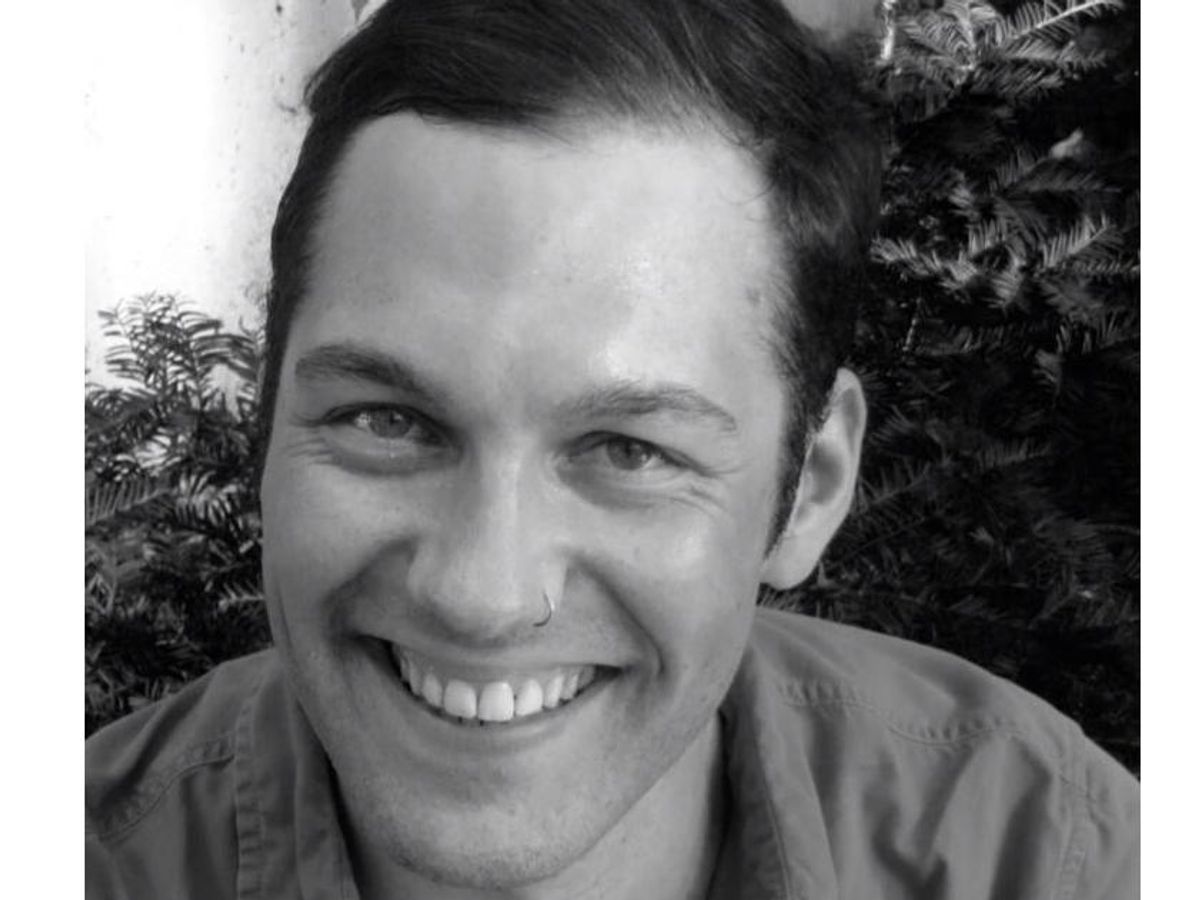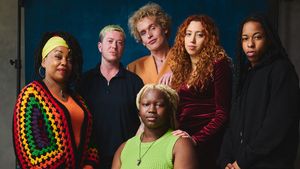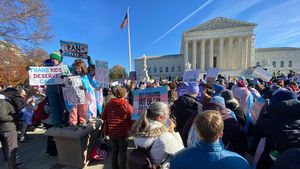The Nebraska AIDS Project's 28-year-old community engagement coordinator, Andy Dillehay, has an infectious energy and a positive attitude that is absorbed by nearly everybody he meets.
Stephanie Herrick, lead case manager at Nebraska AIDS Project says, “I think we often look at change on a large scale and while there is nothing wrong with that, I think it is important to recognize the work done on a small scale, person to person. Andy Dillehay is one such person.”
Stephanie was first introduced to Dillehay as his case manager, soon after he found out he was livig with HIV. During that time, she says, she had the privilege of watching him learn to navigate his life as with HIV.
Everyone has options in how they respond to stigma, and Dillehay has always chosen to respond with advocacy and education. Dillehay has never spoken out in anger at those who have spoke harshly toward him or his community, but rather has engaged in meaningful conversation to help others learn and grow through his experiences.
During Dillehay’s short tenure at NAP, he has already transformed the role the group plays in the Lincoln, Nebraska, community. He has established relationships with other community agencies, increased testing hours as well as testing numbers (breaking records in number of people being tested), and played a pivotal role in linking newly diagnosed clients to care and education.
Dillehay eschews the praise and finds it downright embarrassing. He is humbled by his coworker’s assessment of his work and reflects on how far he’s come from the day he was diagnosed.
“It was a rainy Thursday afternoon in November I’ll never forget.” Dillehay was visiting New York City while on hiatus from acting in a Nebraska production of Angels in America. He was playing the role of Walter Prior and felt the character exemplified New York City.
“So I wanted to immerse myself in the culture of the city,” he says, “I thought it would bring an added dimension to my performance.” He took the subway to the Village and stumbled upon the landmark LGBT Center on 13th Street, which was offering free testing.
Dillehay says he had been celibate for three years at this point and had tested negative after the end of his last relationship, so his interest in getting tested was solely as research for his character—he wasn’t worried in the least.
Twenty minutes after testing, he was ushered into a private room.
“Are you ready to hear your results?” the phlebotomist asked.
“Of course,” Dillehay chuckled at the formality of the proceedings.
“The test was reactive,” he was told. “You tested positive.”
Dillehay felt his whole world collapse around him. He felt alone and thought his life would soon be over. This is the part of the hero’s journey where he meets the ordeal. Still, Dillehay seized the sword and began the road back.
He returned to Nebraska and became involved in the Nebraska AIDS Project, first as a volunteer, and soon as a certified HIV testing counselor. Three years to the date of his diagnoses, Dillehay was hired at Nebraska AIDS Project as their community engagement coordinator. Fulfilling the hero’s journey of the road back and redemption.
Dillehay is in the process of writing a memoir about his journey, A Rainy Thursday Afternoon, which he’d love to adapt for the stage.
“I think it’s important to continue talking about HIV and the impact it has on people’s lives, both locally and globally.” He feels theater is crucial to this. “I feel discrimination happens when there’s a lack of empathy. Theater counters that: seeing someone right in front of you on stage creates an instant emotional tie.”
He'd love his memoir's theatrical adaptation transformed it into a “queer fantasia” not unlike Angels in America.
“We don’t have many current stories about people living with HIV, and from my experience, a lot of public perception of the disease is not unlike it was in the 1980s, at least in Nebraska. I’ve never hidden my status, but I plan to be even more public as a way to create dialogue. We don’t have many people here who are open about their status because of stigma and fears of discrimination."
He doesn't forging a new path.
"I’m happy to be the face of [HIV] here if it will change minds," he says. "I would love to see the day when we have zero new infections due to the amazing work being done by activists everywhere and if I can play any role in that, I’ll fight to the end.”


















































































